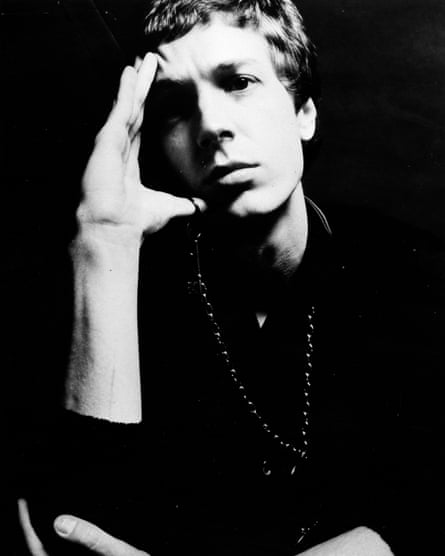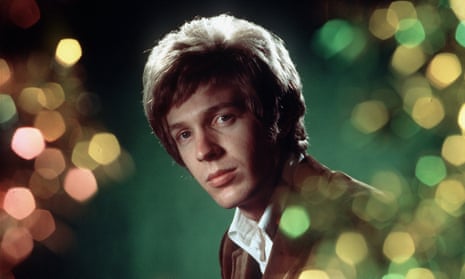When Faber first broached the subject of my providing the introduction to their edition of Scott Walker’s selected lyrics, I panicked and almost refused. I’d written a few forewords before, but the prospect of having to seriously and publicly engage with the work of an artist for whom I had such overwhelming admiration, without whose work and influence my own work – as well as my life – would have been greatly impoverished and whose blunt refusal to play the publicity game provided a refreshing, if rare, model of modesty and integrity in the dog-look-at-dog world, was daunting. In the end, however, I couldn’t resist.
Then began several months of obsessive immersion as I listened to everything I already knew and everything I didn’t, as I waited to receive the manuscript of the selected songs. When it arrived, I was already constructing a thread that ran from the early Walker Brothers’ sumptuous Scott-penned Archangel through to Sleepwalkers Woman – with its Joycean missing apostrophe – to Clara and on. I’d listened to Darkness, his contribution to Artangel’s Plague Songs, his soundtrack to Pola X – Childhood of a Leader had yet to be released – and his score for the dance piece And Who Shall Go to the Ball? And What Shall Go to the Ball? There was Lullaby, the song written for Ute Lemper and later recorded himself for Soused, his collaboration with Sunn O))), as well as his contribution to The World Is Not Enough soundtrack, Only Myself to Blame.

I watched the documentary 30 Century Man several times and, although I was only commissioned to write an introduction to his own lyrics, listened to all of his Brel recordings on repeat as well as his part on the Bat for Lashes album, Two Suns. There was so much work and I didn’t want to miss a trick. The manuscript didn’t care about my research, however. There were only four songs from the pre-Tilt era and even those were not the ones I’d expected. Of course, I knew that the popular wisdom about Walker’s work was that the latter was supposedly hermetically sealed off from any influence by the former. This has been a cause of some alarm for fans of his early, mainstream work and remains a source of curiosity for the admirers whose ears and imaginations have bridged the divide.
On the evidence of the manuscript, it was clear which era Walker favoured and, in this at least, I finally possessed some advantage because I had arrived at his work from the wrong direction. Apart from The Sun Ain’t Gonna Shine Anymore being generally in the ether when I was growing up, the first album of his I ever encountered was Tilt. Then The Drift. Then I went back to Climate of Hunter and from there to Nite Flights. So, it was really only in the years before Bish Bosch appeared that I discovered the great Scott 4, its three precursors and the underrated ’Til the Band Comes In – the first side, at any rate. All this to say, he had me at Farmer in the City, whereas his more readily beloved and oft-cited Montague Terrace (in Blue) would have to earn my love. And it did, if only in the way that House of the Dead is a great read until The Brothers Karamazov blows your head off.

Walker’s later work just operates on an entirely different level and it’s pointless to pretend otherwise. I don’t know how he got there, but it’s not true that the earlier and later work don’t connect; they do. The preoccupations of the more recent albums, his concern with tyranny, the exploration of desolation, even the wry, occasionally scatological, humour are all present from the start. At some point his existential dial shifted and his interest turned to form. Alone among his contemporaries, he took the frequently visited subject of the broken person in a broken world and, rather than seek out comfort and connection, began to explore it brokenly and mercilessly.
As a result, the bleak, phantasmagoric realms he invents from Tilt onwards have made some of the most important contributions to the modernist tradition since Beckett. Scott Walker took on a tradition, advanced and changed it. His work is deeply, unliterally personal and therefore capable of touching the universal. He dared to do something new and so was able to show us a different, mesmerising, landscape of the self. I don’t think he was sufficiently thanked in his lifetime but I have no doubt that his influence and legacy will only continue to grow with the passing years. For myself, I have been changed by my own encounters with his work and I mourn the loss of all he will not now write.
